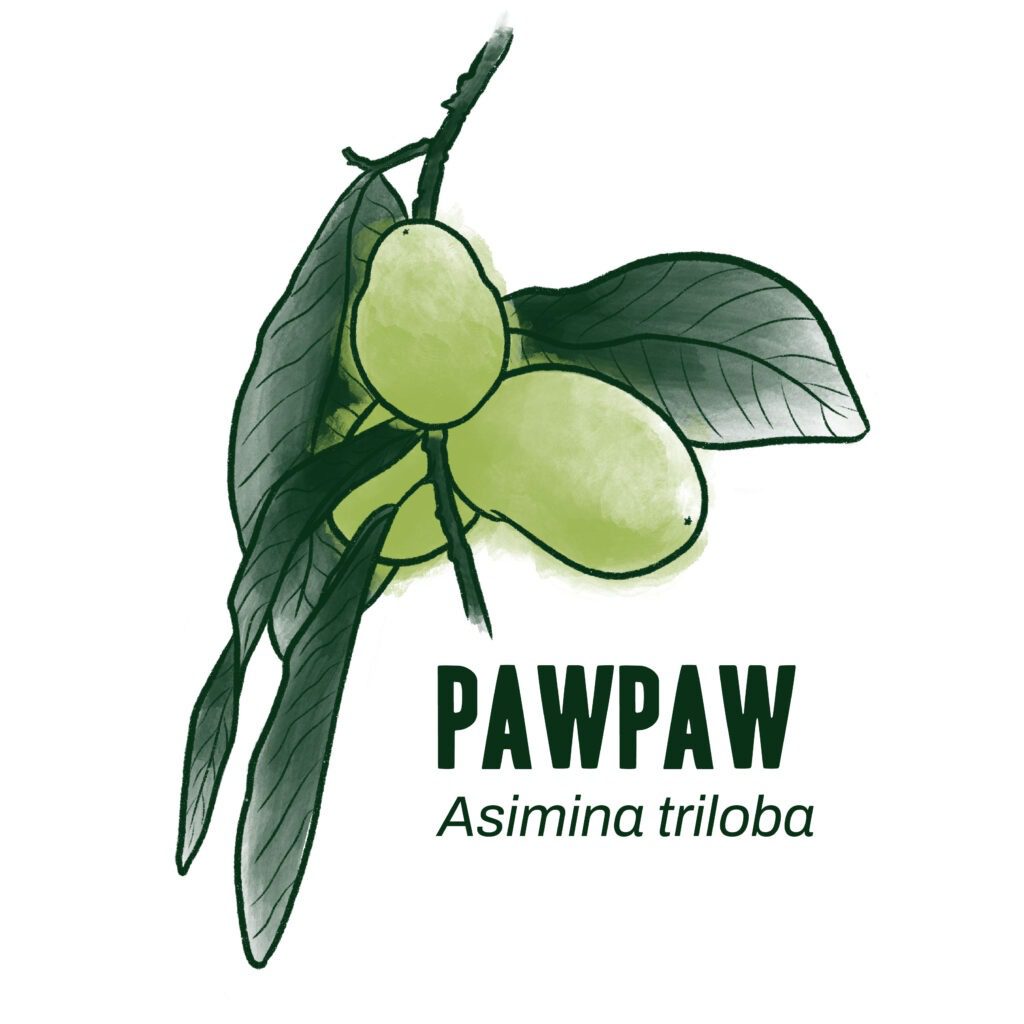
Pawpaw
Asimina triloba
Pawpaws are native understory trees that can produce in partial shade. The fruit tastes somewhat like a banana or mango, and can be sold as pulp or freshly picked. Low pest pressure. Hand harvest.
DRAINAGE: Moderate to well-drained soils
LIGHT: Partial shade to full sun
ZONES: 5–8
SPACING: 8 x 15 ft
YEARS TO PARTIAL/FULL BEARING: 3–8
HARVEST SEASON: September–October
Opportunities
Can produce fruit in partial shade, which makes them suitable for planting under larger trees or at the shady edges of fields, though they will yield more fruit in full sun. Frozen pulp may be marketed along the same lines as persimmon pulp or other fruits.
Challenges
Pawpaws fruit in clusters and harvest must be done by hand due to the delicate nature of the fruit. Fruits have a short shelf life, and the tree is short-lived. Few consumers are familiar with pawpaws, you-pick operations can help grow local demand.
Management
Young trees require sun protection until they are established, usually for the first 1-2 years. Poor pollination can be an issue; pawpaws are pollinated by various species of beetles and flies and require pollen from a pawpaw that is genetically different to be fertilized. Hand pollinating may be required.
Our Research
Fields Restored Demonstration Farm grows pawpaw and other tree species in a two-acre multifunctional riparian buffer along an eroded waterway, which add soil and water protection and wildlife habitat. The fruit is hand harvested for personal consumption – a commercial market for pawpaw remains underdeveloped.
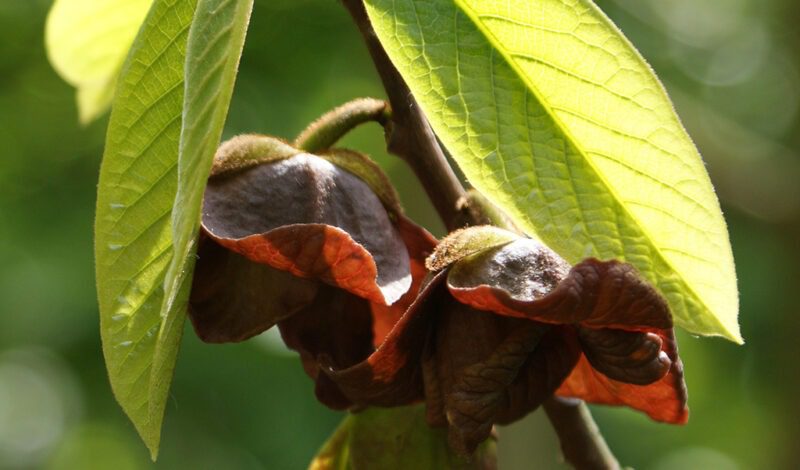
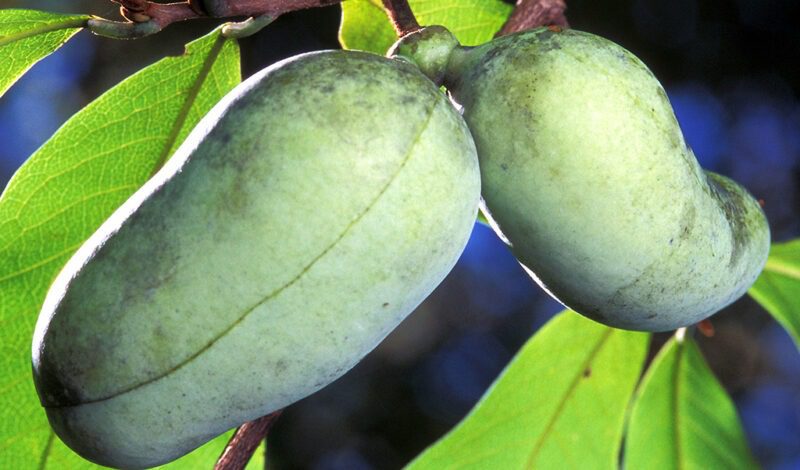
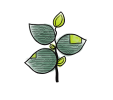
RESOURCE
Pawpaw Grower Infosheet
- Review more basic grower information about plant selection and management.
- See an economics case study and find more sources for information.
- You can also print this handout to use at educational events or for outreach.


One-On-One Support for Farm Planning
Technical Service Program
Get help planning your perennial farm system. Our Technical Service Program is here to guide you through the process of planning, funding, and planting trees on your farm.
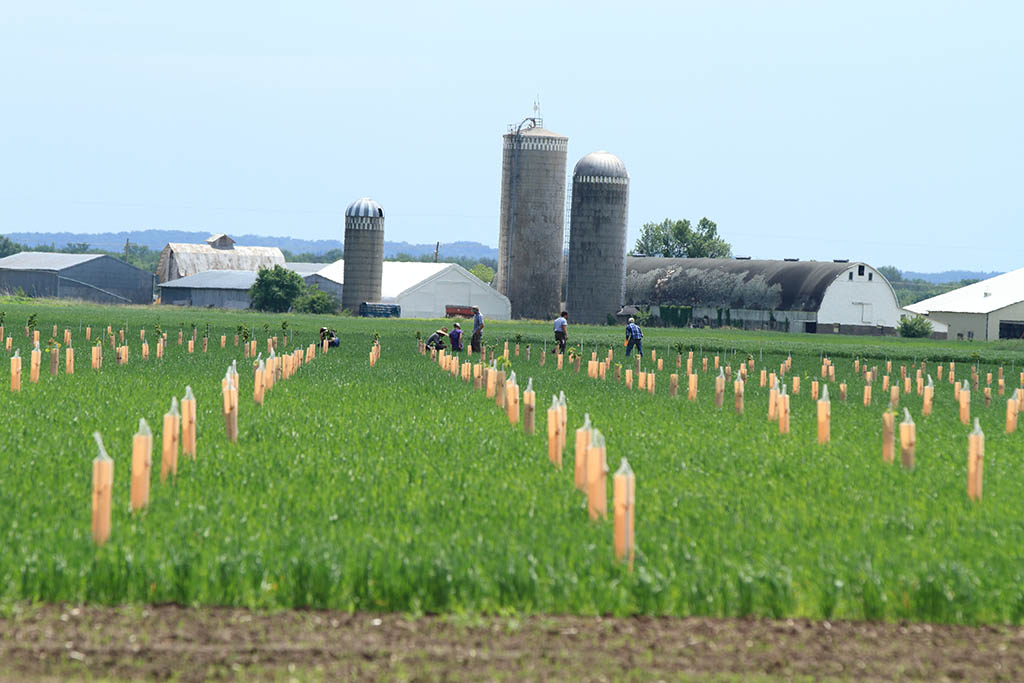
Looking For Plants?
Canopy’s Nursery offers plant material in your region. Find chestnut, walnut, pecan, hazelnut, heartnut, persimmon, pawpaw, black currant, and elderberry for order in their online store. Not only does Canopy increase the availability of high-quality plant material in the region, it also donates part of its proceeds to Savanna Institute’s nonprofit research and education mission.

